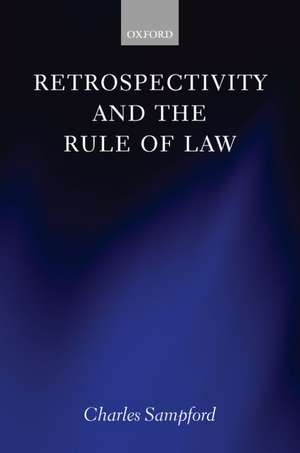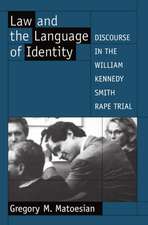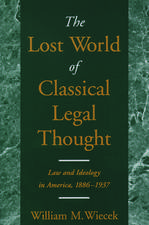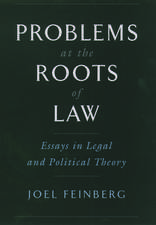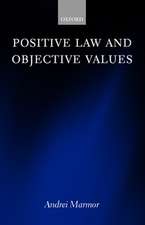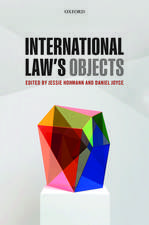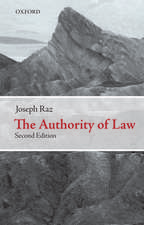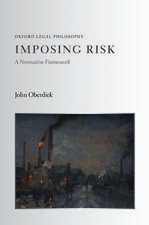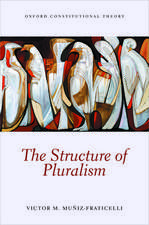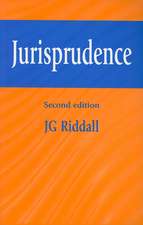Retrospectivity and the Rule of Law
Autor Charles Sampford Jennie Louise, Sophie Blencowe, Tom Rounden Limba Engleză Hardback – 23 mar 2006
Preț: 951.70 lei
Preț vechi: 1444.11 lei
-34% Nou
Puncte Express: 1428
Preț estimativ în valută:
182.13€ • 189.75$ • 151.43£
182.13€ • 189.75$ • 151.43£
Carte tipărită la comandă
Livrare economică 30 ianuarie-05 februarie 25
Preluare comenzi: 021 569.72.76
Specificații
ISBN-13: 9780198252986
ISBN-10: 0198252986
Pagini: 336
Dimensiuni: 163 x 242 x 26 mm
Greutate: 0.66 kg
Editura: OUP OXFORD
Colecția OUP Oxford
Locul publicării:Oxford, United Kingdom
ISBN-10: 0198252986
Pagini: 336
Dimensiuni: 163 x 242 x 26 mm
Greutate: 0.66 kg
Editura: OUP OXFORD
Colecția OUP Oxford
Locul publicării:Oxford, United Kingdom
Recenzii
Anyone who desires to write or think about problems of legal retrospectivity or the rule of law must read and refer to this excellent book.
Notă biografică
After gaining a double first in politics and philosophy and the Supreme Court Prize in Law from Melbourne University, Charles Sampford won a Commonwealth Scholarship to Oxford to pursue his studies in legal philosophy being awarded a DPhil in 1984. He returned to Melbourne University to teach law before being a secondment to the Philosophy Department in 1990 to help establish the Centre for Philosophy and Public Issues. In 1991 he was invited to come to Queensland as Foundation Dean of Law at Griffith University. This is widely regarded as the most innovative and most successful of Australia's new law schools. In 1999, he was appointed Foundation Director of the Key Centre for Ethics, Law, Justice and Governance (one of only 14 such nationally funded centres across all disciplines and all disciplines). In 2004, he became Director of the Institute for Ethics, Governance and Law, a joint initiative of the United Nations University and Griffith.
